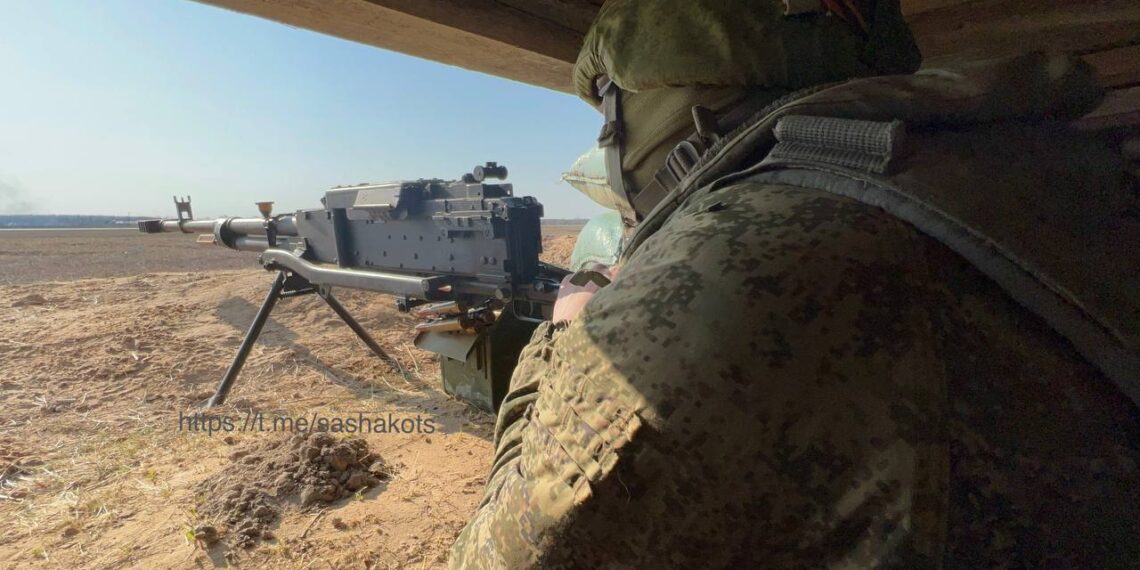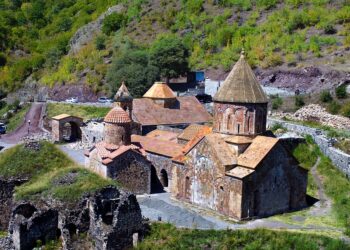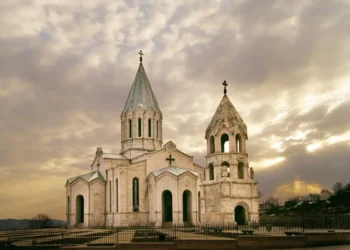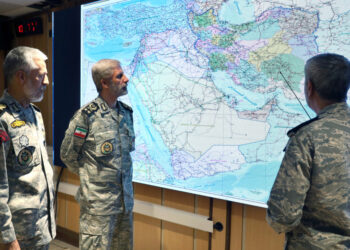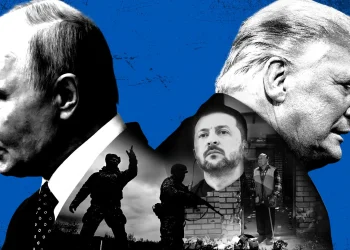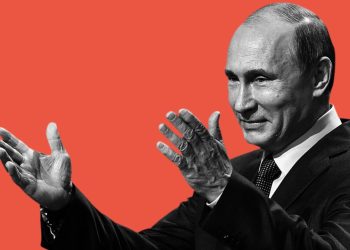MOSCOW (Realist English). Since the beginning of the special military operation of the Russian Armed Forces in the Ukraine, no one has any illusions about the Kiev narcocracy led by pan-President Zelensky. “Human shields” of civilians, abuse and humiliqtion of war prisoners, terrorist tactics of placing military equipment and firing points in schools, hospitals and residential buildings, unwillingness to let their citizens through humanitarian corridors from the places of fighting — only confirm the anti-national nature of the Kiev regime.
Prior to the talks in Istanbul, the head of Chechnya, Ramzan Kadyrov, said that the special operation on the territory of the Ukraine should be continued in order to “complete what was started”, and that it makes no sense to negotiate with the regime. It is difficult not to agree with the Chechen leader in a purely human way: he has his people on the battlefield. Kadyrov supports his fighters by word and deed, sends humanitarian aid to the liberated towns and villages of Donbass. And on March 28, the Chechen leader personally arrived in Mariupol to raise the morale of his soldiers.
From a political point of view, any concessions during the active phase of the special operation and active hostilities are fraught with unpredictable consequences for the domestic political situation in Russia, and will also hit hard Moscow’s international positions. Well, no one is going to lift anti-Russia sanctions, no matter what agreements have been reached between Moscow and Kiev.
Negotiations with representatives of the Kievan regime so far look like the appearance of diplomatic activity against the backdrop of ongoing operation and concentration of forces on the Donbass front. If the leaders of the Kievan junta have not been able to fulfill anything of the Minsk agreements since 2014, then why on earth would they have the political will to fulfill their new obligations?
Our heroes-paratroopers have been heroically holding the defense at Gostomel airport for almost a month. The DPR fighters, together with Russian soldiers, cleanse Mariupol house by house from followers of Bandera, from Nazis and other jackals. Sabotage and reconnaissance groups perform daily the most difficult tasks behind enemy lines. And how will they react after reading the news about these negotiations? They have neither the time nor the desire to delve into the subtleties of politics. Their tasks are quite different.
In 2004, President Vladimir Putin said that “Russia does not negotiate with terrorists, she destroys them.” Then the bet on the destruction of the remnants of international terrorists justified itself. At the very beginning of the special operation in Ukraine, the Russian leader said that he did not believe in the possibility of reaching agreements with the “gang of drug addicts and neo-Nazis” who had settled in Kiev.
In such matters, Putin has always been consistent. We hope that now he will bring to an end the difficult decision that was made on the morning of February 24.
Kirill Dzhavlakh is Deputy Editor-in-chief of the Realist Information Agency


